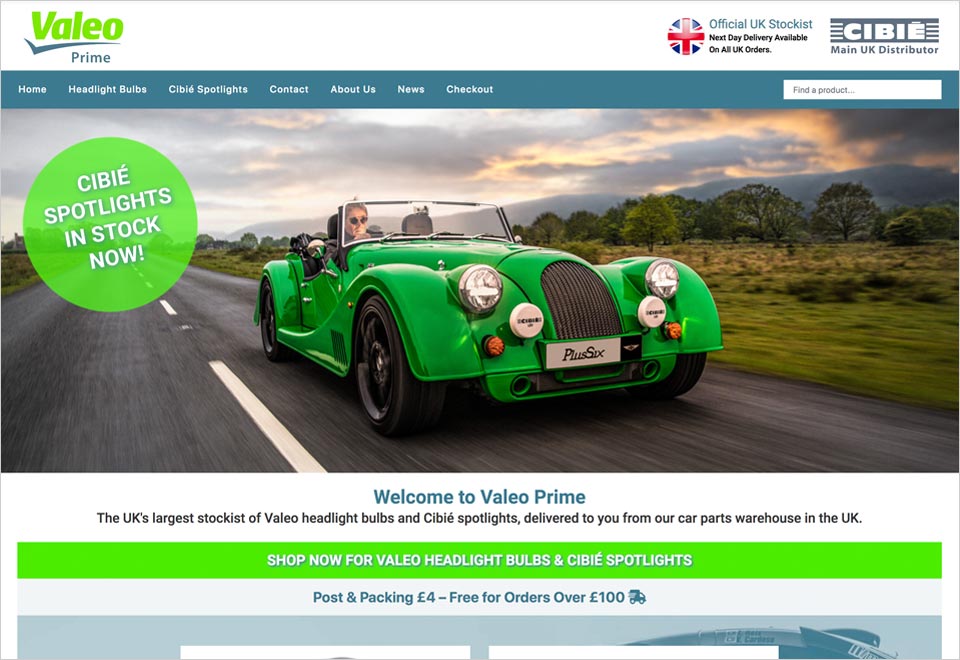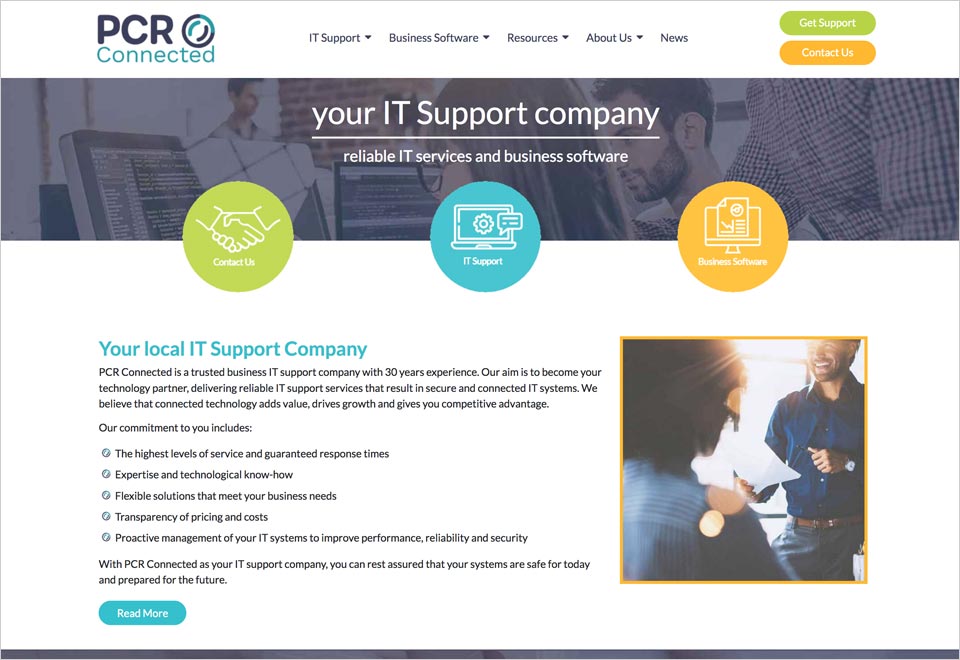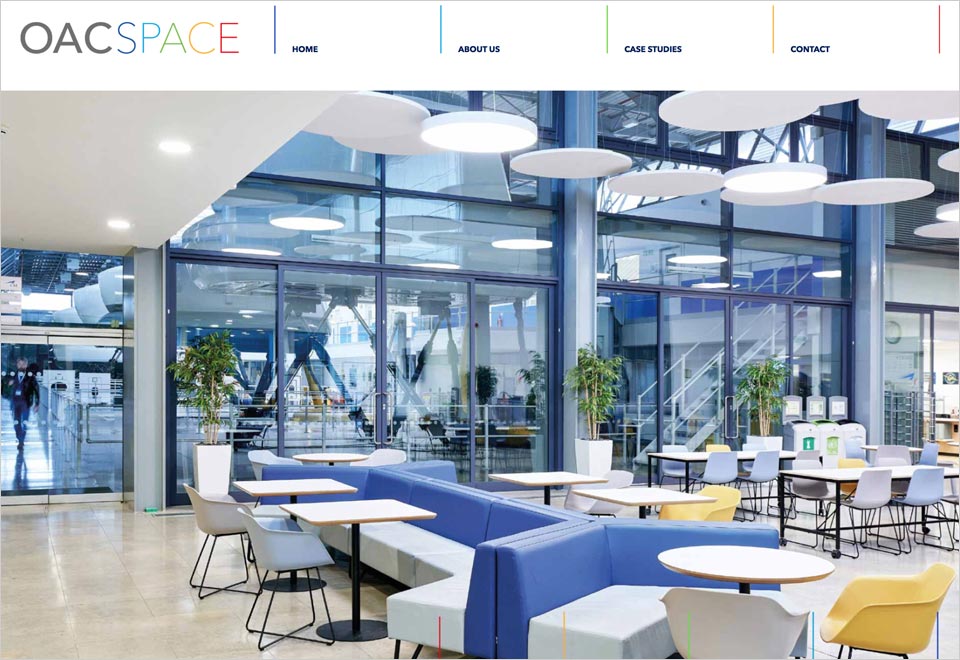What is the best website system and how much does it cost?
There are a number of website systems and building tools on the market, all making grand claims. But which website builder is the best?
There are a number of website systems and building tools on the market, all making grand claims.
But which website builder is the best?
There are the ones that are advertised on TV, ones you see ads for all over the Internet and social media. And that one all your friends rave about as being easy to use!
Some people are under the impression that cheap websites are good. Cheap websites are cheap - good websites are not.
So which one is the best?
The answer is that there is not one that is best at everything. Some are general, easy to use and cheap, and some are more for experts, search engine friendly and accessible. But you cannot have all elements in one website builder - no matter what the adverts say.
Why is this?
This is because easy and cheap websites and quality websites do not co-exist. If you can, it is best to make an investment in a non-generic template, and the code needs to be written to meet standards. You can learn more about web standards on this page.
So what website builders do we recommend?
If you want to get things going quite cheaply and easily and don't need your website to market your business, there are the ones you see on the telly. But we would only recommend them as a temporary solution, or what is known in the industry as a holding page or holding site, to reserve your domain name while you generate your business plan. They are not search-friendly no matter what they say and the prices will rise quite a bit over time. Someone has to pay for all those expensive TV adverts!
Last week our local cafe owner sad to me "I'm too poor to buy cheap". Confused, I asked him to explain. He said when someone buys cheap, it breaks quickly or the renewal price or cost of repairs rockets. And this is the case for cheap websites, frequently initially advertised as £1 per month or similar, far below their market value. Then after 6 months the price goes up to £10 per month, then £20, then £50. And before you know it, you are paying £600 a year for something that doesn't do what you need it to do.
What about Wordpress?
Wordpress is a middle ground system, which is probably why it is the most popular content management system. It is also free to download and install and fairly easy to use. This general system is used by beginners through to design agencies, as it provides an alternative to having to learn coding. But popular is not always best.
What other systems are around?
In addition to Wordpress, there are other CMS systems such as Webflow, Drupal, Magento, Typo3, Jooma, Umbraco, uSkinned and Concrete CMS. Each one has its advantages and disadvantages. Some are free, some are easier to install, some have better blogging or shopping cart features, some are more search engine friendly, some are multilingual and some are faster than others.
Small companies will often choose a website builder that is popular, cheap or easy to use, while larger companies will often pick a website system that is multilingual and search friendly.
What website builder do we use?
In short - we choose the system that is best for each client's requirements. It may be one of the above website builders or CMS's, or a corporate client who is more likely to use a complete bespoke system, giving them the edge in most of the important areas.
Paying a professional web person or agency to install and manage one of these content management systems on your behalf is always the best option if you need customers to find you on the internet.
So how much does it cost?
This depends on who you use and how many pages and photos your site has. But as a minimum, a professional will charge between £300 and £800 per day.
You can also see some award winning CMS's on the Critic Awards website.
- The Hierarchy of SEO Needs
- The best ways to check your website's performance are free
- Why has SEO become so convoluted?
- Why is Your Website like a Car?





